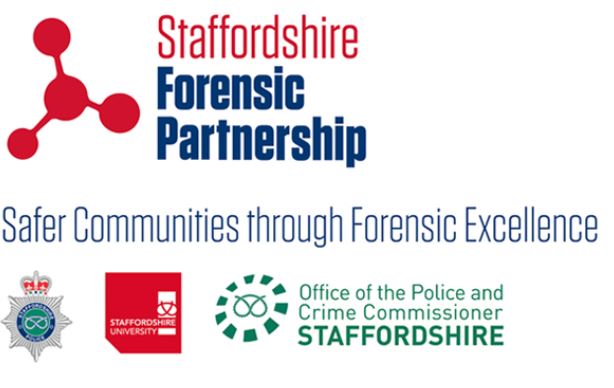If you are thinking of studying at university, but are worried about your qualifications or haven’t studied in a long time, then have you seen Staffordshire University’s Step Up to HE programme? Robyn Leese, now a Policing and Criminal Investigation student, is one of many of our undergraduate students who progressed through the programme and has shared with us what she thought of it.
What motivated you to apply for Step Up?
I applied to the Step-up Course after doing 2 A-levels which did not guarantee me a place on my desired course. During the Step-up course you will develop new skills which help you progress in your higher education course.
How do you feel now you have progressed onto your degree? Did Step-up help prepare you?
Now I have completed the 1st year of my degree I am glad I did the Step-up course as it enabled me to learn new skills which have been needed for my course such as, correct grammatical techniques along with learning how to reference correctly. It also gave me the confidence to interact with new people which has benefitted me not only with my course, but outside the lectures too.
Would you recommended the Step-Up Course? What advice would you give to students considering returning to education?
I would definitely recommend doing the Step-up course, as it has helped me with my course and all the members of staff are so lovely and supporting through the whole process. If you are a student returning to education then I would advise you to interact with those on your course, as well as your lecturers as it makes it so much more fun and easier. I would also advise you to take as many opportunities as you can as it will make your university experience so much better.
















